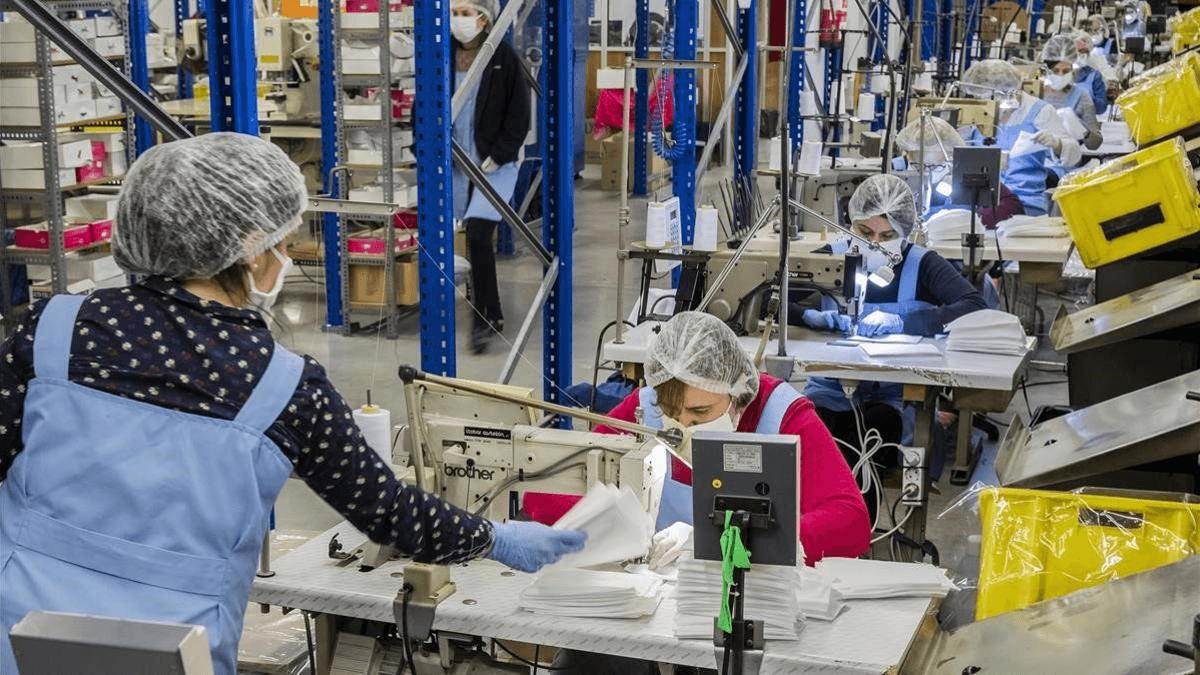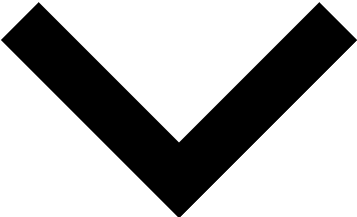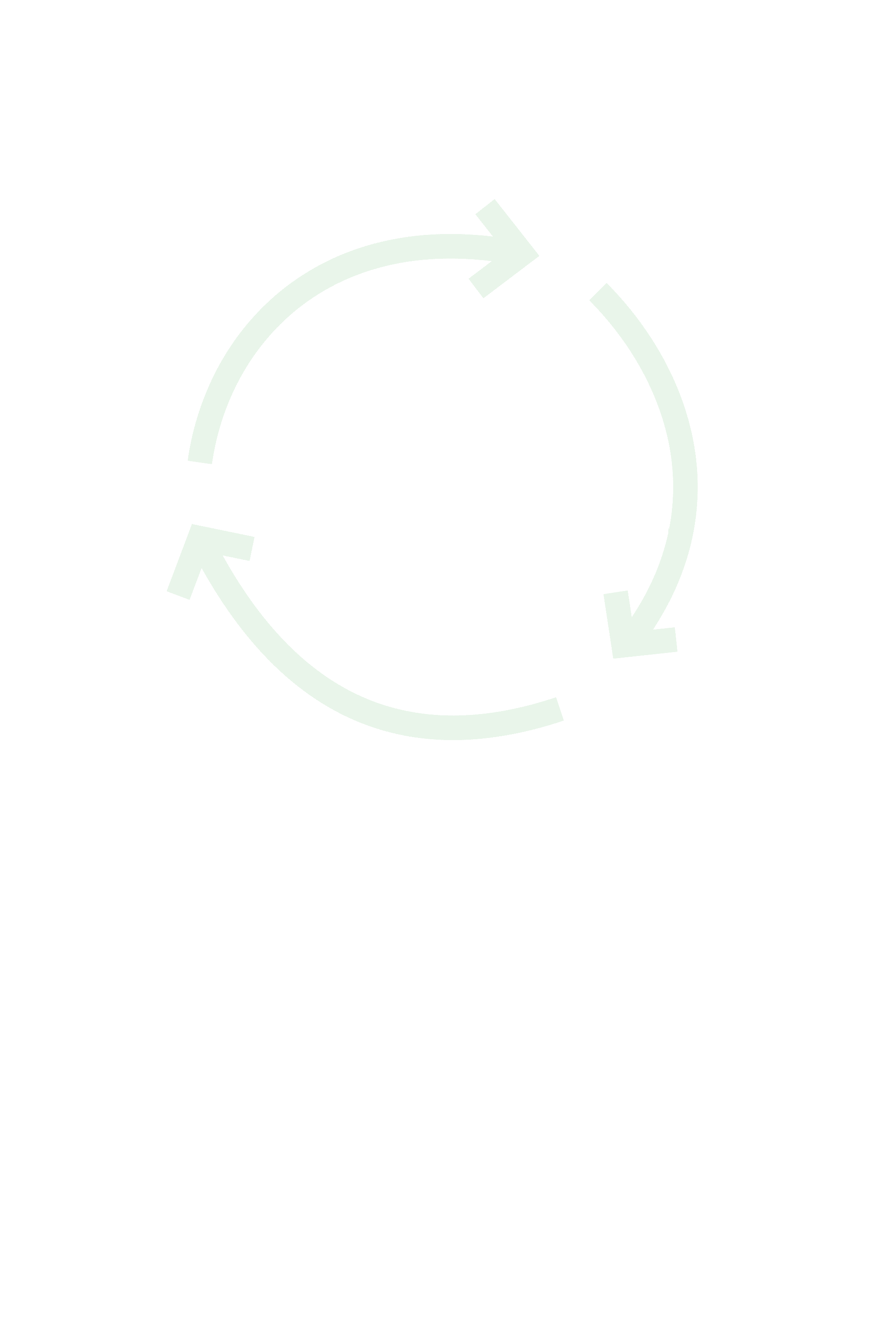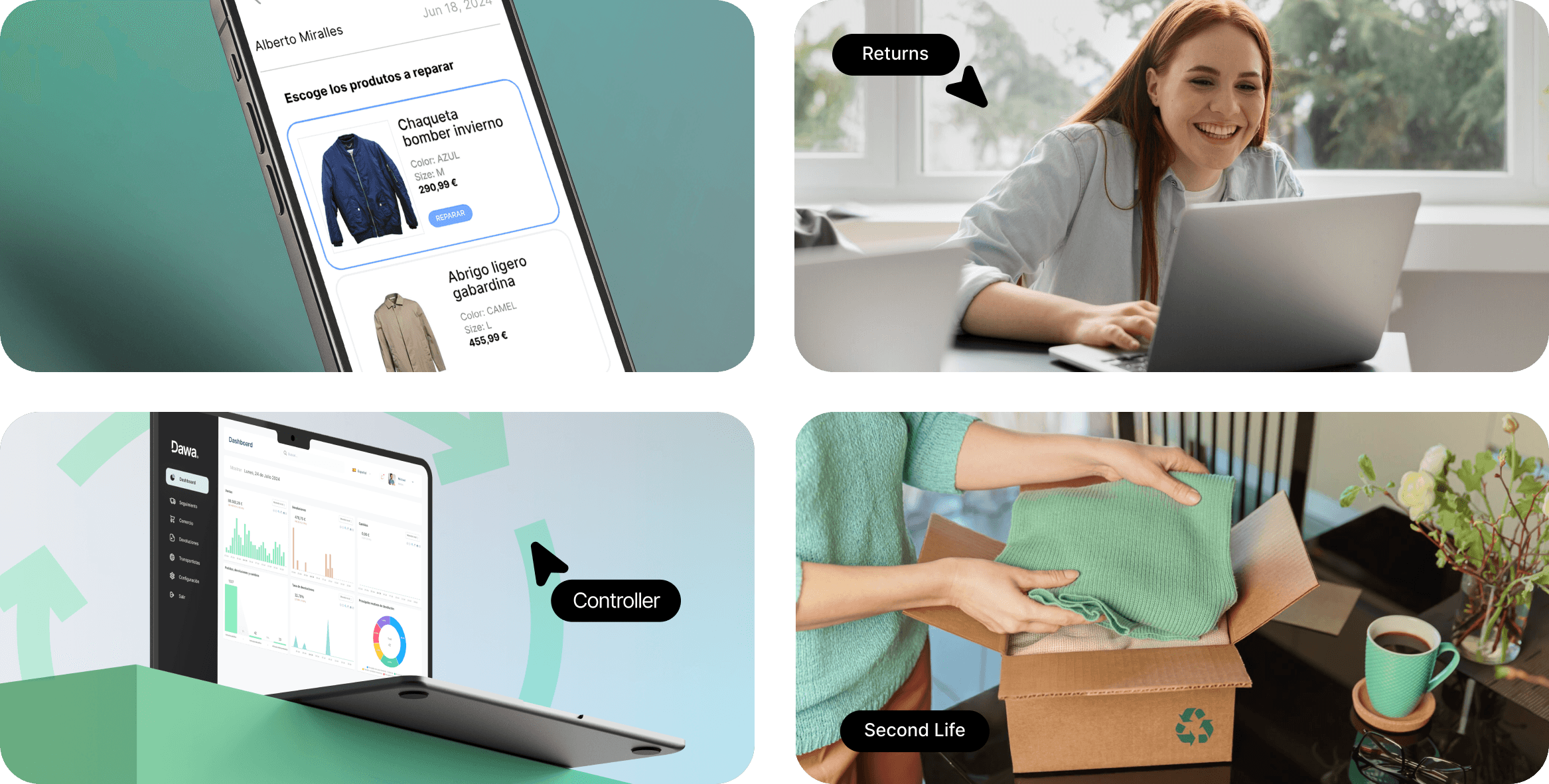The European Union is leading the shift towards a circular economy with regulations designed to transform the way we produce, consume, and manage products. For brands, this presents a challenge that can turn into a unique opportunity to stand out in the market. The key lies in adapting quickly and leveraging tools that drive sustainability and, most importantly, sales through better brand positioning.

The Regulatory Landscape in the Circular Economy
Among the most relevant EU regulations starting in 2025 are:
Right to Repair: Requires brands to offer accessible repair solutions, promoting longer product lifecycles.
Substantiating Green Claims: Bans greenwashing by requiring brands to provide verifiable information about their sustainability claims.
Ecodesign for Sustainable Products Regulation: Encourages the design of durable, repairable, and recyclable products.
EU Strategy for Sustainable Textiles: Sets standards to reduce environmental impact and promote recyclable textiles.
EU Waste Framework and Extended Producer Responsibility (EPR) for Textiles: Obligates member states to implement systems for collecting and managing textile waste, promoting extended producer responsibility.
The last regulation is crucial as it aims to ensure brands actively participate in managing the end-of-life of their products, from collection to recycling. This fosters a more robust circular economy and significantly reduces textile waste in landfills.
The Greenwashing Problem: Trust at Stake
Greenwashing has eroded consumer trust. With the new regulations in place, brands face reputational and financial risks if they fail to back up their claims with data demonstrating their real efforts.
How Dawa Can Help
Implementing Systems for Traceability and Transparency: We create solutions that ensure full visibility across the supply chain.
Creating Dashboards for Verifiable Sustainability Data: We enable brands to communicate verifiable data on sustainability and environmental metrics like CO2 emissions and water savings.
Dawa and Regulatory Compliance: Beyond Adaptation
Dawa not only facilitates compliance but also transforms these regulations into a competitive advantage. Here are some key ways Dawa can help:
Extending Product Lifespan
With solutions like Second Life, we refurbish used products for resale, helping brands reduce waste and increase revenue.
Practical Example: A fashion brand implements an exchange system allowing customers to return used products in exchange for store credits on new purchases.
Custom Repair Programs
We manage product repairs, from automatic estimates to delivery logistics. This not only helps comply with the Right to Repair but also boosts brand perception by demonstrating a commitment to durability.
Practical Example: A fashion brand uses Dawa to repair damaged shoes, increasing customer satisfaction and trust in the product’s quality.
Complying with the EU Waste Framework and EPR
Dawa can assist brands in implementing collection and recycling programs, managing used textiles from collection points to refurbishment or recycling.
Practical Example: A clothing brand partners with Dawa to create an old garment collection system, offering discounts for returns and ensuring that products are sustainably reused or recycled.
Effective Communication Plans
Dawa develops customized strategies to educate consumers about sustainability, highlighting the positive impact of refurbished or repaired products.
Practical Example: A clothing brand uses our system to label refurbished garments with their environmental savings (CO2, water, etc.), enhancing its sustainable positioning.
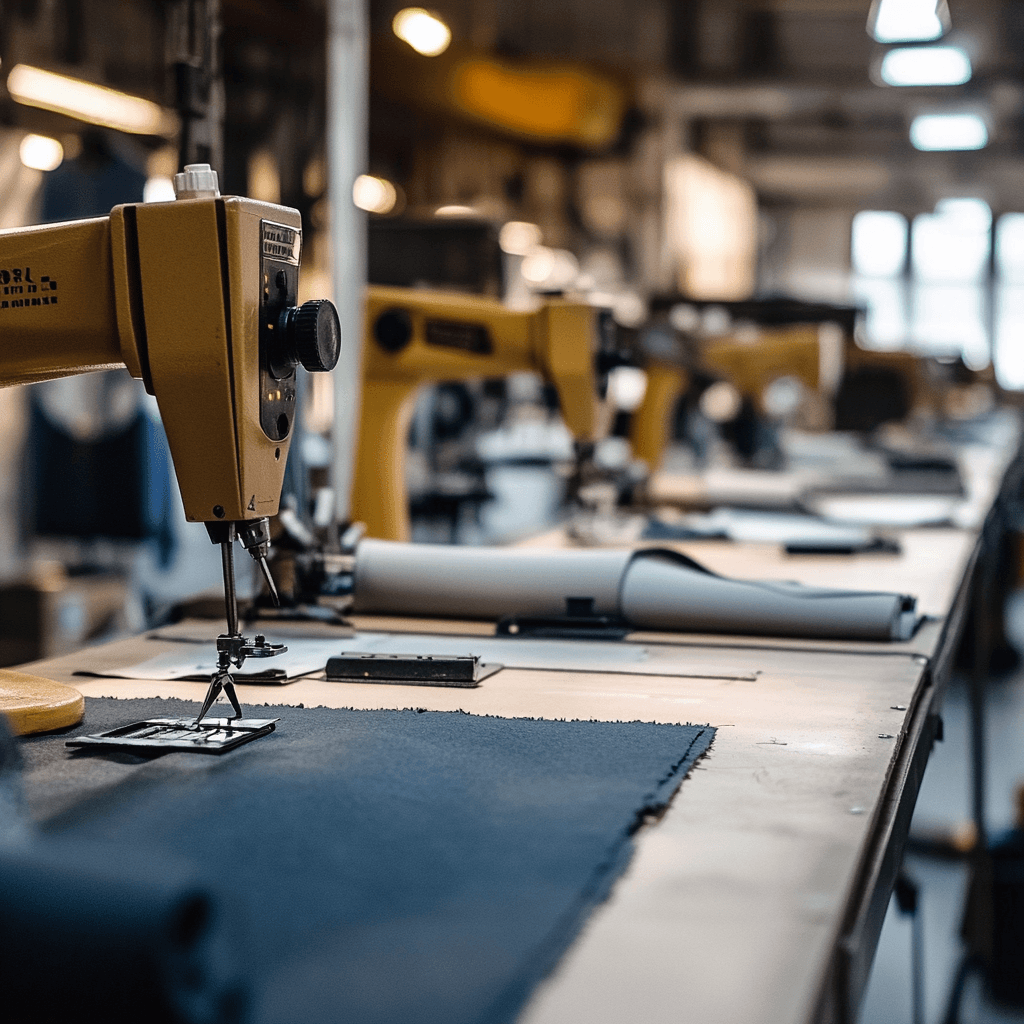
Impact on Sales and Customer Loyalty
Brands that adopt these solutions not only comply with regulations but also achieve:
Increased Loyalty: Consumers value brands that offer repair, recycling, and resale options. These efforts not only build loyalty but also improve brand perception.
Boosted Sales: Store credit systems and resale programs drive repeat purchases by offering clear incentives to consumers.
Competitive Differentiation: By standing out for sustainability, brands can capture new market segments that are more eco-conscious.
Conclusion: Sustainability as a Sales Driver
Sustainability is no longer just a responsibility; it is a powerful tool to increase sales, build customer loyalty, and position your brand as a leader. With Dawa, brands not only comply with EU regulations but also turn every challenge into an opportunity for growth.
Ready to take the next step?
With our solutions, your brand can adapt, thrive, and most importantly, sell more. Contact us today, and let’s lead this shift toward a more sustainable future together!
